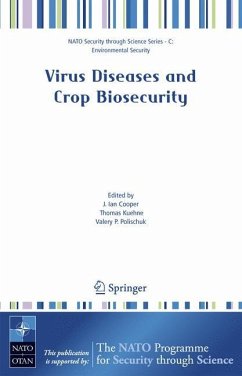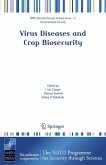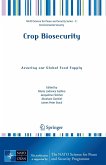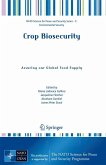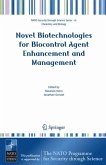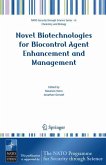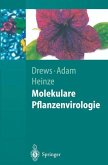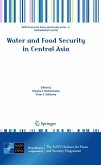Biosecurity roughly means "safe life" and involves a variety of measures designed to prevent disease - causing agents from entering a region and there being spread. Food supplies are easy to disrupt and the provision of biosecurity at la- land borders is especially challenging if trade is to be maintained and when very few travellers are subjected to thorough inspection. WithinthecontextoftheNATOsponsoredworkshopthatwasheldinKiev, Ukraine during May 4-7, 2005, the pathogens were viruses that infect plants and the region encompassed developing states on the verge of acceding into the European Union. In publishing the papers presented at the workshop, we take this opportunity to thank the sponsors including particularly the NATO Science committee and also the contributors for making the discussions - tertaining and bene?cial. Under United Nations FAO auspices, the International Plant Protection Convention aimed to secure common and effective activities against pests and pathogens. Now, most countries party to that convention have laws and regulations in place to sustain agricultural production under natural threat. National plant protection services exist to inspect growing crops and imp- tations and to determine when and how introduced pathogens might be era- cated. The member states of the European Union, through their national [and also the regional plant protection service (The European and Mediterranean Plant Protection Organisation)], advise national governments and develops speci?c protocols (identi?cation, containment and eradication) that aim at managing pests and pathogens in ways that have minimal impact on trade.
Bitte wählen Sie Ihr Anliegen aus.
Rechnungen
Retourenschein anfordern
Bestellstatus
Storno

